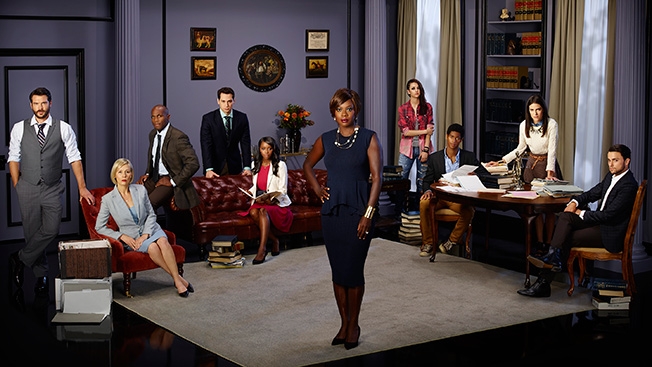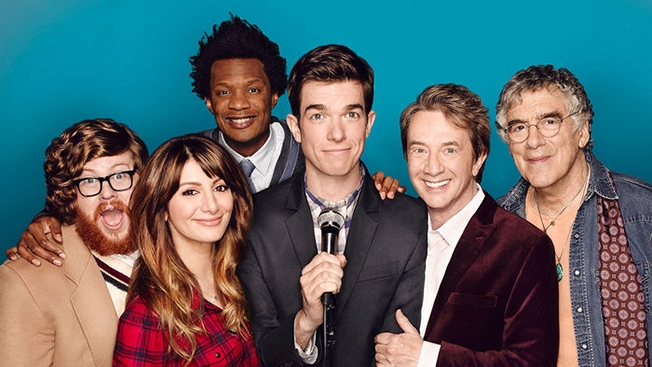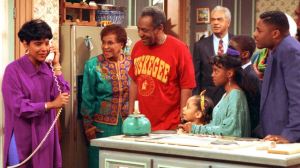The networks will play a variety of pop hits during their TV upfront presentations next month, but the only song that really should be part of the soundtrack that is The Lego Movie’s “Everything is Awesome.” After all, each of the the network executives who take the stage will be full of optimism that their new crop of shows will finally be the ones that take them to the top.
But as I wrote at Adweek, everything is not awesome, even for the top network in adults 18-49 (which will again be ABC). Before we hear a new batch of (at least partially) empty upfronts promises, I looked back at the five worst predictions from last year’s presentations. Among them: then Fox Entertainment president Kevin Reilly’s declaration that Jump of the Century and Hieroglyph will be airing soon on the network:
Reilly was far from the only one to disappear from Fox shortly after the upfronts. He touted two programs to advertisers that were canceled before they ever made it to air: straight-to-series pickup Hieroglyph (Fox pulled the plug a month later) and Jump of the Century, in which two rival stuntmen would attempt Evel Knievel’s failed jump across Idaho’s Snake River Canyon (it was scrapped last July). “The power of broadcast really shines through when there’s urgency to view,” Reilly said of Jump of the Century. Of course, it also really shines through when the shows are actually broadcast.
There’s a lot more silly predictions where that came from, so sure to read the rest of the story.
5 Predictions From TV Networks Execs Last Year That Were Way Off







